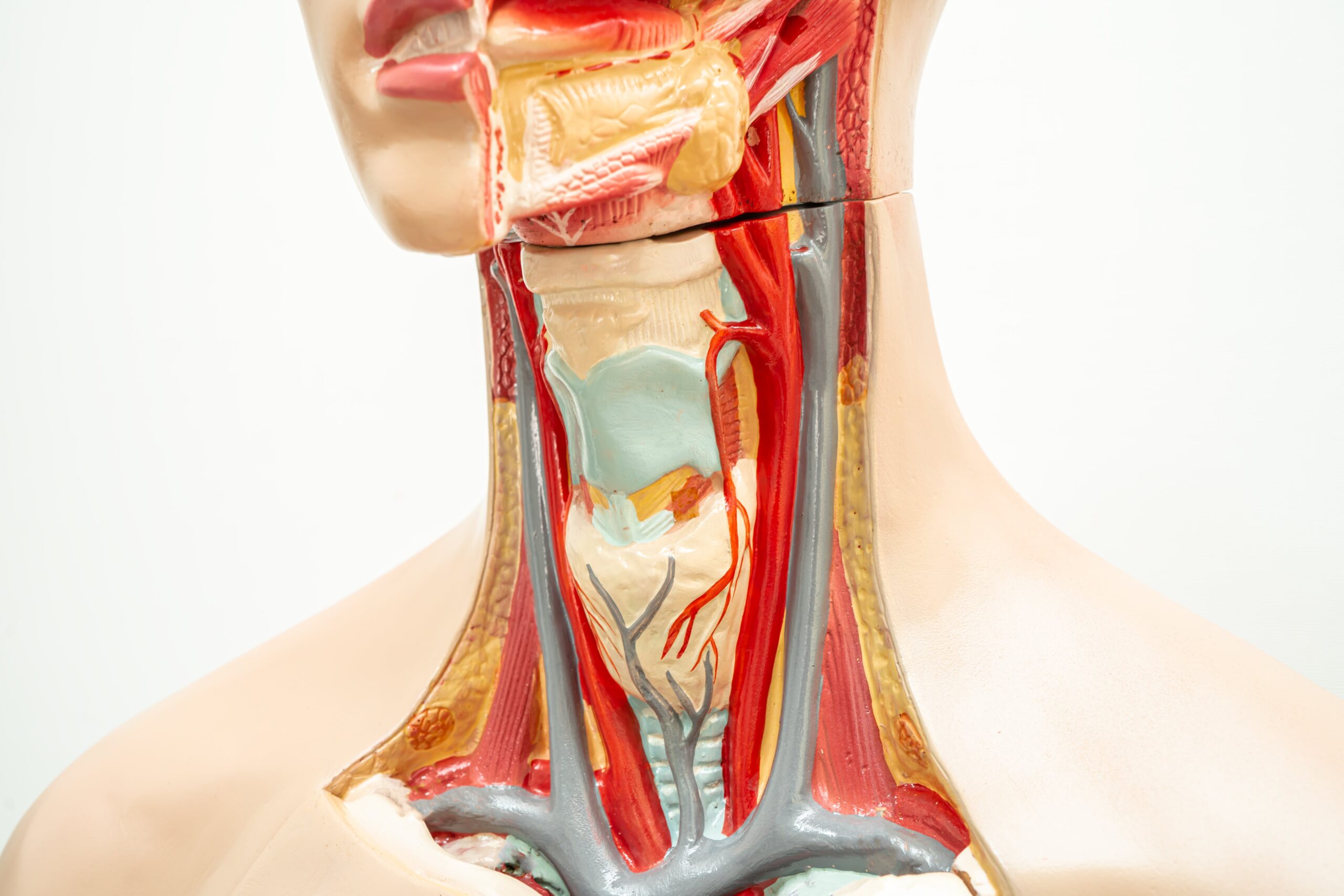Navigating the Need for Carotid Artery Surgery
Navigating the Need for Carotid Artery Surgery
The thought of undergoing surgery can be a daunting prospect, and when it involves a critical area like the carotid arteries, the stakes feel high. These blood vessels supply oxygen-rich blood to your brain.
Today we take a look at what it means to require carotid artery surgery, and how to prepare.
The Carotid Arteries: Lifelines to Your Brain
Your carotid arteries are major blood vessels in the neck that deliver blood to the brain, head, and face. They are essential for maintaining proper brain function and overall cognitive health. When these arteries become narrow or blocked due to atherosclerosis it can restrict blood flow and lead to serious health risks, including stroke.
Atherosclerosis and Its Impact
Atherosclerosis is a progressive condition where the inner walls of the arteries thicken due to the accumulation of fatty deposits. This process can restrict blood flow to critical organs and tissues throughout the body. When it occurs in the carotid arteries, it can lead to the formation of atherosclerotic plaques, which can trigger a stroke if a piece of the plaque breaks off and travels to the brain.
Recognizing Symptoms
Symptoms of carotid artery disease may not manifest until the arteries are significantly narrowed. However, patients may experience transient ischemic attacks (TIAs), also known as “mini-strokes,” which present with stroke-like symptoms that resolve on their own. Recognizing the risks and early warning signs can be crucial in preventing irreversible damage.
Assessing the Need for Surgery
When lifestyle changes and medications cannot adequately manage carotid artery disease, surgical intervention may become necessary.
Carotid Artery Surgery
Carotid artery surgery is performed to remove the plaques that have built up in the carotid arteries, restoring adequate blood flow to the brain. There are generally two approaches to this surgery: carotid endarterectomy (CEA) and carotid angioplasty with stenting (CAS).
Carotid Endarterectomy (CEA)
CEA is the traditional method of carotid artery surgery. It involves making an incision in the neck, opening the affected artery, and removing the plaque. The artery is then closed, and blood flow is restored.
Carotid Angioplasty with Stenting (CAS)
CAS is a less invasive procedure that uses a catheter to thread a balloon to the site of the blockage. The balloon is inflated to widen the artery, and a stent is placed to support the artery wall and keep it open.
The Role of the Vascular Surgeon
Vascular surgeons specialize in treating diseases of the vascular system, which includes the carotid arteries. This section highlights their pivotal role in assessing, recommending, and performing carotid artery surgery.
Vascular surgeons are uniquely trained in both traditional and minimally invasive surgical techniques. Their expertise is critical in navigating the delicate nature of carotid artery surgery and ensuring the best possible outcome for patients.
From initial consultation to postoperative care, understanding the surgical experience can help alleviate some patient anxiety. Discussions about anesthesia, surgical techniques, and recovery timelines are part of the preoperative education process.
After Carotid Artery Surgery
Understanding what to expect after carotid artery surgery is essential for patients and their families. This section outlines the prognosis and the importance of ongoing monitoring and follow-up care.
Carotid artery surgery represents a significant chapter in the lives of those who require it. By demystifying the process and understanding the critical steps involved, patients can go into surgery with a well-informed and empowered mindset. This guide serves as a comprehensive resource for anyone facing the prospect of carotid artery surgery, offering insights into the procedure, recovery, and long-term management of this important health issue. Remember, you are not alone on this journey. West Florida Vascular and Vein is with you every step of the way.
www.WestFloridaVascularandVein.com 727-772-3233 to learn more or schedule your consultation.


 Under the expert guidance of our Board Certified Vascular Surgeon, Dr. Mark Zuzga, our team of Vein Specialists & Vascular Experts are committed to delivering top-tier outpatient vascular & vein evaluation and treatment throughout the greater Tampa & West Florida surrounding areas. Should you find yourself dealing with leg pain, swelling, ulcers, discoloration, or the appearance of spider and varicose veins, we invite you to request a screening today
Under the expert guidance of our Board Certified Vascular Surgeon, Dr. Mark Zuzga, our team of Vein Specialists & Vascular Experts are committed to delivering top-tier outpatient vascular & vein evaluation and treatment throughout the greater Tampa & West Florida surrounding areas. Should you find yourself dealing with leg pain, swelling, ulcers, discoloration, or the appearance of spider and varicose veins, we invite you to request a screening today